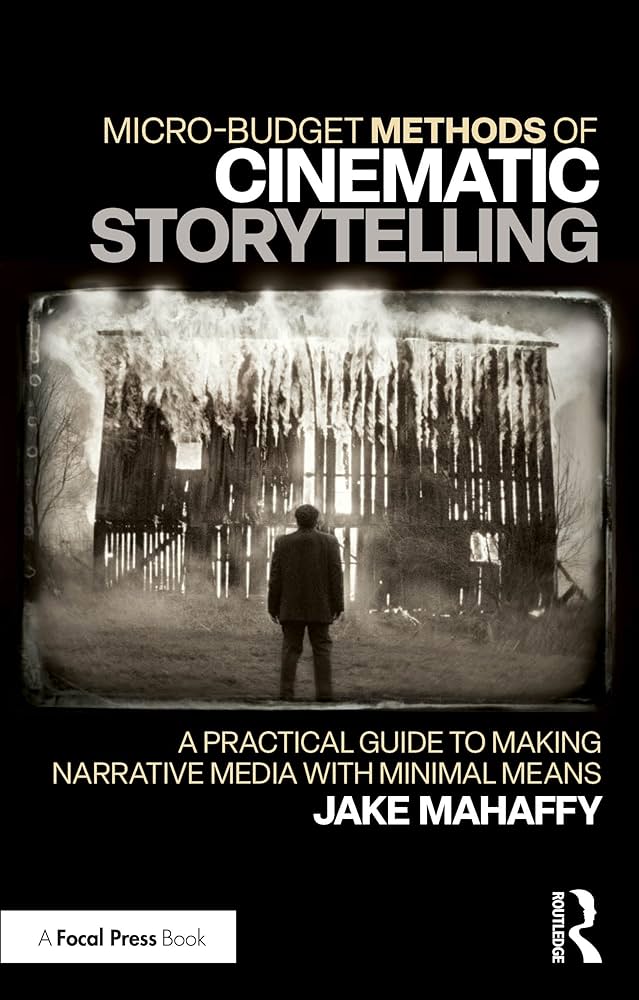

The highest level of artistic practice can be achieved on the smallest of productions. Expensive does not equal excellent. Anyone who’s seen a box-office bomb knows this. Micro-budget making is not about being too “poor” to do “real” movies. It’s about being practical, self-aware, and efficient. Resourcefulness and ingenuity are essential on budgets of $100 and on budgets of $100 million. The philosophy required to work in a micro-budget mode is more important than identifying a financial figure. This philosophy applies to any creative practice and allows for flexibility: transmuting problems into innovations. The obstacle holds the solution. The principles of efficient filmmaking are useful, creative, and universal. Here’s my suggestion for a micro-budget mindset.
A Micro-Budget Philosophy:
1. Recognize and utilize material circumstances for their best creative effect.
2. Convention and conformity are greater liabilities than any practical limitation.
To put it simply, to make movies under unconventional circumstances, you’ll need to make unconventional movies. Push the boundaries of what you assume cinema to be. Your stories and storytelling will have to change. They can’t be common. Making generic films is possible under a generic, standardized process. The industrial system is geared towards reliable outcomes and normalcy as a form of legitimacy. These outcomes are pre-determined to provide some security to investors. Great films can be made this way, but it’s not necessary to work this way to make great films.
Jake Mahaffy’s micro-budget, self-made films have screened around the world at film festivals and independent venues such as Venice (Orizzonti Prize for Best Film/2015, 2012, 2016), Sundance (2004/05/06/08/09/15), SXSW (Grand Jury Prize/2008, 2016), Rotterdam, Leeds, AFI, Stockholm, Edinburgh, Moscow, Ljubljana, Boston MFA, MoMA (NY) and many others.
He studied fine arts and film at the Rhode Island School of Design, the School of the Art Institute of Chicago, foreign languages at Brown University and fiction directing at the Russian State Institute of Cinematography in Moscow. He founded two new filmmaking programs at two universities as an Associate Professor in the United States and developed a new BA program in Screen Production as Program Coordinator at the University of Auckland in New Zealand. He now lives outside of Nashville, TN.
Limitations
There’s no quantitative measure of limitations. Limitations are a matter of perspective. When people talk about limitations, they usually mean impositions. An imposition is an unjust burden or requirement. It may seem inherently unfair not to get what you want. But limitations only exist when they’re acknowledged. It’s like Schrödinger’s cat. Until you notice them, they don’t exist. People remark on limitations when they don’t have enough money or time. There are universal, quantitative measures of those resources: clocks, calendars, bank accounts and budgets. But very few people acknowledge their own lack of intelligence or experience. By far, the most devastating restriction anyone faces is a lack of imagination.
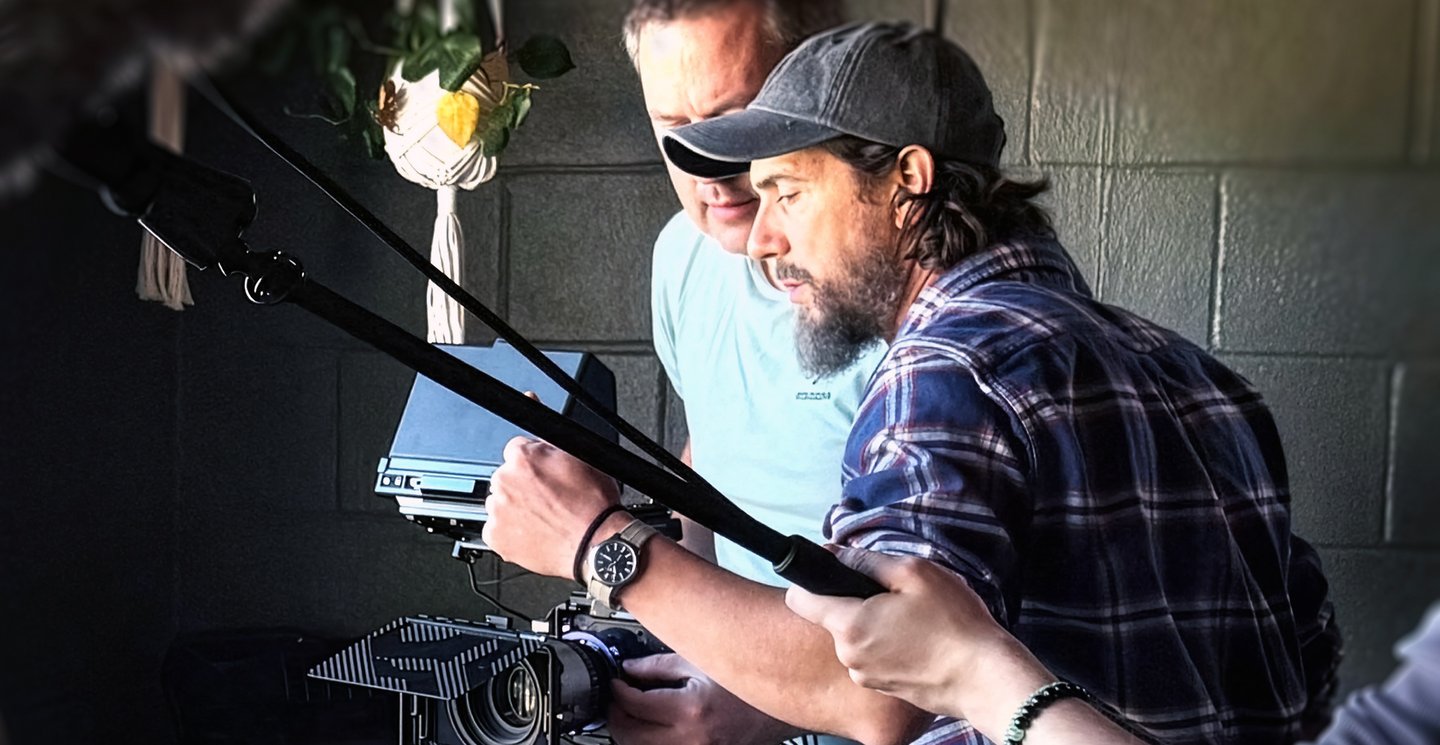

ABOUT










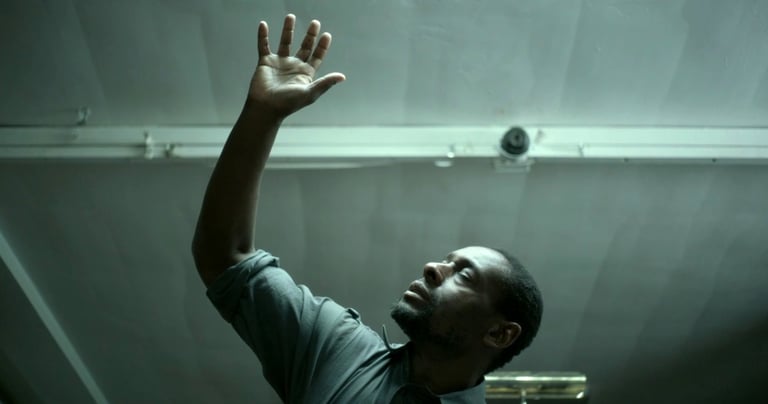

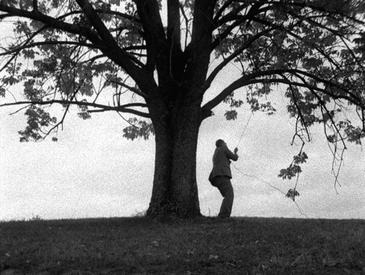

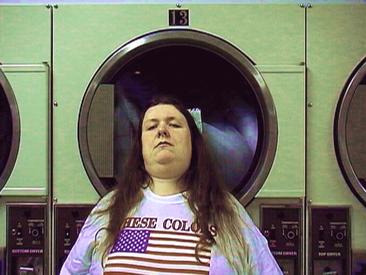



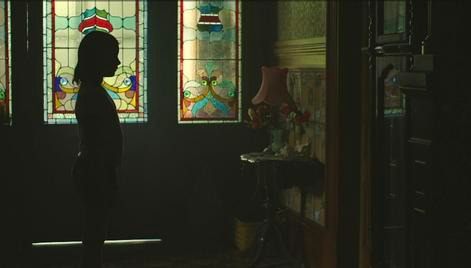





© 2025. All rights reserved.




























